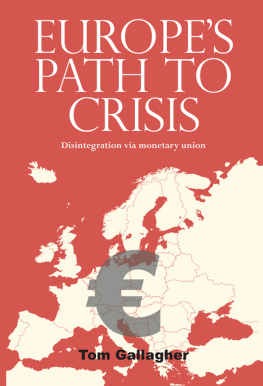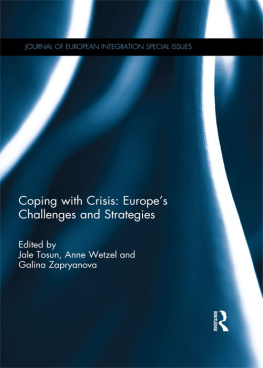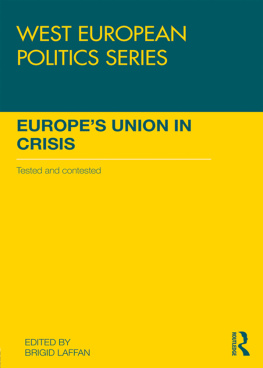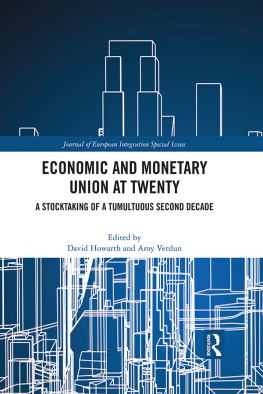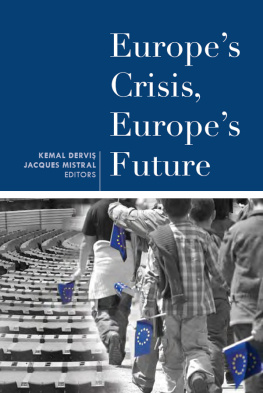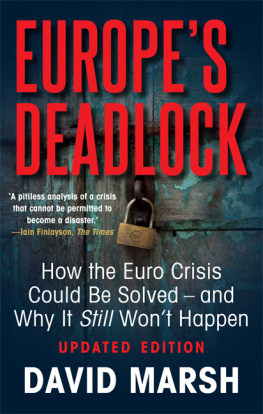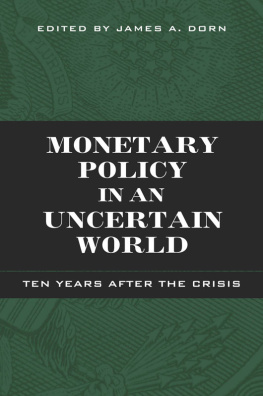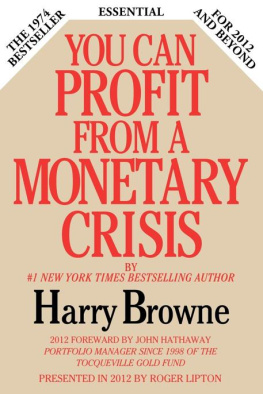Tom Gallagher - Europes Path to Crisis: Disintegration via Monetary Union
Here you can read online Tom Gallagher - Europes Path to Crisis: Disintegration via Monetary Union full text of the book (entire story) in english for free. Download pdf and epub, get meaning, cover and reviews about this ebook. year: 2014, publisher: Manchester University Press, genre: Politics. Description of the work, (preface) as well as reviews are available. Best literature library LitArk.com created for fans of good reading and offers a wide selection of genres:
Romance novel
Science fiction
Adventure
Detective
Science
History
Home and family
Prose
Art
Politics
Computer
Non-fiction
Religion
Business
Children
Humor
Choose a favorite category and find really read worthwhile books. Enjoy immersion in the world of imagination, feel the emotions of the characters or learn something new for yourself, make an fascinating discovery.
- Book:Europes Path to Crisis: Disintegration via Monetary Union
- Author:
- Publisher:Manchester University Press
- Genre:
- Year:2014
- Rating:3 / 5
- Favourites:Add to favourites
- Your mark:
- 60
- 1
- 2
- 3
- 4
- 5
Europes Path to Crisis: Disintegration via Monetary Union: summary, description and annotation
We offer to read an annotation, description, summary or preface (depends on what the author of the book "Europes Path to Crisis: Disintegration via Monetary Union" wrote himself). If you haven't found the necessary information about the book — write in the comments, we will try to find it.
Tom Gallagher: author's other books
Who wrote Europes Path to Crisis: Disintegration via Monetary Union? Find out the surname, the name of the author of the book and a list of all author's works by series.
Europes Path to Crisis: Disintegration via Monetary Union — read online for free the complete book (whole text) full work
Below is the text of the book, divided by pages. System saving the place of the last page read, allows you to conveniently read the book "Europes Path to Crisis: Disintegration via Monetary Union" online for free, without having to search again every time where you left off. Put a bookmark, and you can go to the page where you finished reading at any time.
Font size:
Interval:
Bookmark:

| CAP | Common Agricultural Policy |
| CDU | Christian Democratic Union (Germany) |
| EC | European Community |
| ECB | European Central Bank |
| ECJ | European Court of Justice |
| ECSC | European Coal and Steel Community |
| EDC | European Defence Community |
| EEC | European Economic Community |
| EFSF | European Financial Stability Facility |
| EMU | European Monetary Union |
| EP | European Parliament |
| EPU | European Payments Union |
| ERM | Exchange Rate Mechanism |
| EU | European Union |
| LTRO | Long-Term Re-Financing Operation |
| MEP | Member of the European Parliament |
| NATO | North Atlantic Treaty Organization |
Font size:
Interval:
Bookmark:
Similar books «Europes Path to Crisis: Disintegration via Monetary Union»
Look at similar books to Europes Path to Crisis: Disintegration via Monetary Union. We have selected literature similar in name and meaning in the hope of providing readers with more options to find new, interesting, not yet read works.
Discussion, reviews of the book Europes Path to Crisis: Disintegration via Monetary Union and just readers' own opinions. Leave your comments, write what you think about the work, its meaning or the main characters. Specify what exactly you liked and what you didn't like, and why you think so.

